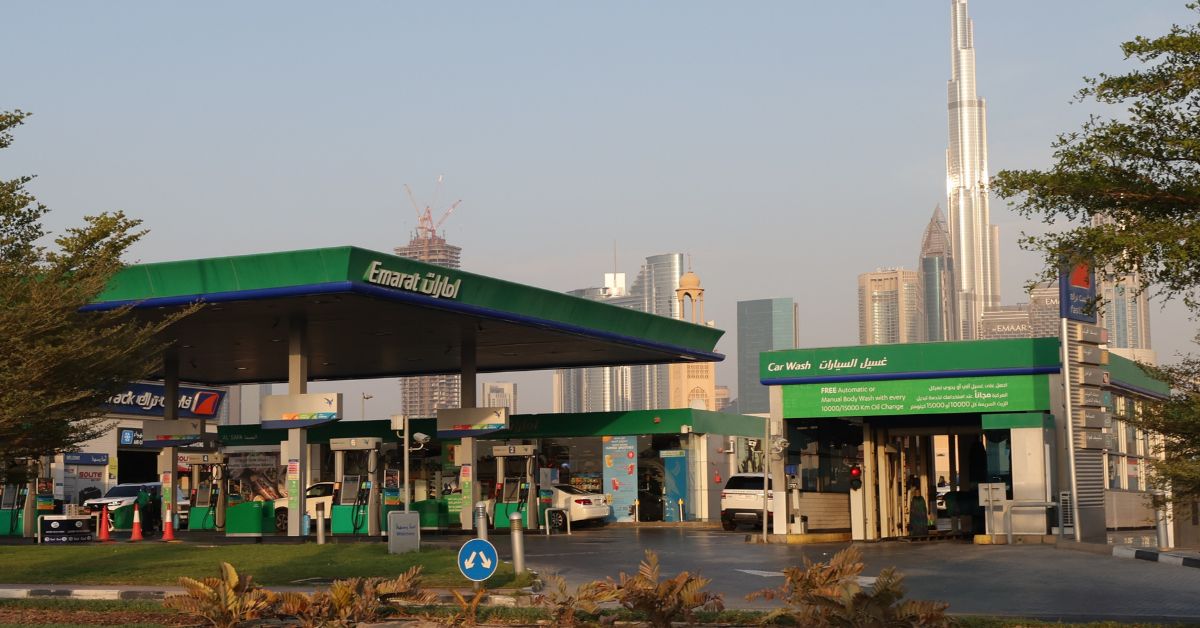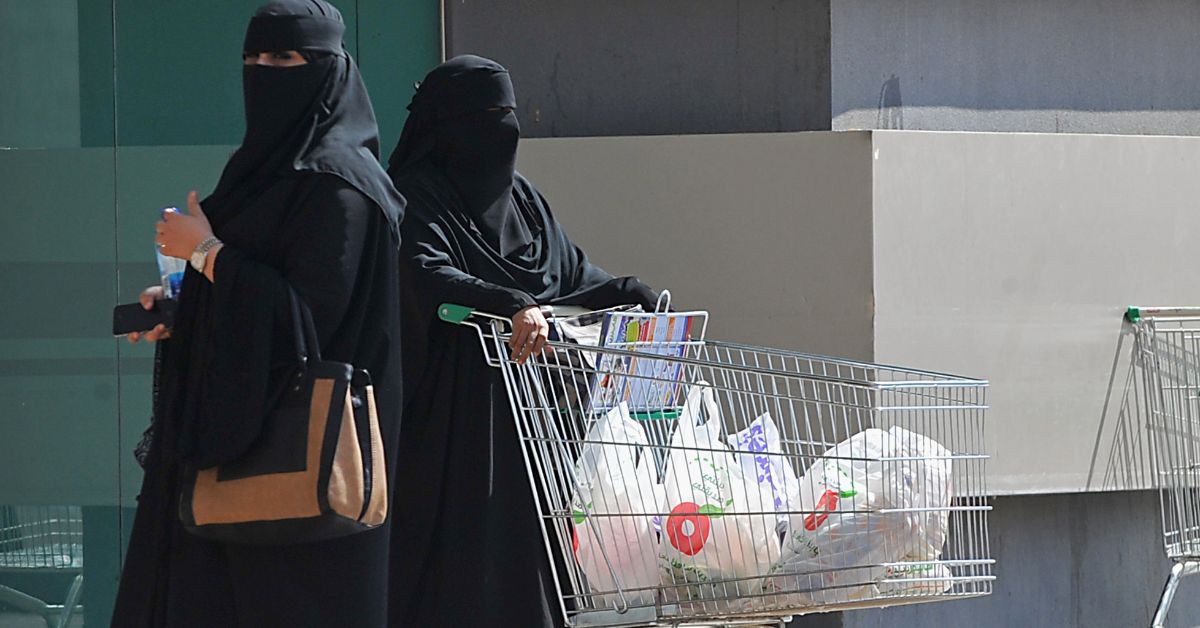ABU DHABI, UAE — Governments worldwide implemented fiscal stimulus packages and accommodative monetary policies to counteract the economic repercussions of the COVID-19 pandemic. This led to a surge in energy and commodity prices, coupled with supply chain volatility, igniting an inflationary wave that shrouded the global economy in uncertainty.
Subsequently, the world transitioned to a phase characterized by the tightening of monetary policies to curb this inflationary surge. Many countries are still grappling with this challenge, and it’s evident that more time is needed to bring inflation under control.
Amidst this backdrop, there’s growing apprehension that these stringent policies, especially the hike in interest rates, might stifle economic activity. The latest economic growth forecasts released by international organizations at the start of 2023 reflect a dip in expectations. This downturn is attributed to the global inflation scenario, geopolitical instabilities, ongoing supply chain challenges, and issues some nations face, like burgeoning public debt and food security concerns.
These escalating risk levels, stemming from the aforementioned factors, impact both developed and emerging economies. However, the blow could be more pronounced for low-income and impoverished nations due to their dependence on foreign trade, external financing, limited economic diversification, and substantial debt. This situation calls for immediate intervention.
In light of the above, international organizations have projected global economic growth rates between 1.7 and 2.9 percent for 2023, and 2.7 to 3.1 percent for 2024. According to the Arab Monetary Fund (AMF), the growth rate of Arab economies is anticipated to drop to approximately 3.4 percent in 2023, a decline from 5.6 percent in 2022. This is influenced by stable oil and gas prices on one side and rising commodity prices on the other. These factors are counterbalanced by the tightening of monetary policies to combat inflation, which exerts pressure on economic activities.

Economic reforms in Arab world
Arab nations that have rolled out economic reform initiatives, visions, and strategies to diversify their economies are better poised to weather such shocks. These strategies encompass enhancing their economic resilience, overhauling business environments, bolstering the private sector’s role, and nurturing human capital.
Conversely, economic growth in Arab countries is projected to pick up pace in 2024, reaching an estimated 4.0 percent. This optimism is fueled by the anticipated stability in oil and commodity prices and a firm grip on inflation. Like the global trend, Arab nations are also bracing for elevated inflation rates in 2023, primarily driven by global economic shifts, especially in energy prices, and the influence of local currency exchange rates in certain Arab regions.
Consequently, the inflation rate for Arab countries is projected to touch 6.8 percent in 2023 and 6.3 percent in 2024, excluding nations grappling with significant inflationary pressures.
The Impact of Rising Global Interest Rates on Arab Economies:
Interest rates play a pivotal role in determining borrowing costs, returns on deposits, investment activities, and overall economic demand, thereby directly influencing economic growth and inflation rates. Hiking interest rates poses challenges, including curtailed investments, economic growth slowdown, reduced lending, escalated debt costs, increased unemployment, and diminished living standards. The repercussions of raising interest rates on GCC countries hinge on oil prices and domestic demand strength.
In 2022, the ramifications of interest rate hikes among Gulf oil-exporting nations remained relatively contained, given the limited impact on the non-oil sector’s growth. This was due to soaring oil prices, which infused liquidity and bolstered investor and consumer confidence. However, raising interest rates is anticipated to adversely affect middle- and low-income Arab nations, especially those burdened with high debt ratios.
While many Arab countries have limited monetary policy options amidst global and domestic shifts, fiscal policy can play a pivotal role in alleviating the deflationary impact of stringent monetary policies in nations with fiscal leeway. This is provided that the fiscal policy doesn’t trigger interest rate hikes. For countries with constrained fiscal capacities, augmenting revenues and refining public debt management are imperative to carve out fiscal space. This would enable support for society’s vulnerable segments, sustain capital expenditure, and boost confidence in debt sustainability.
Implications of decelerating global growth for Arab economies
The anticipated global economic slowdown in 2023 is poised to impact external demand across many Arab nations, leading to a decline in overall growth and exports, including service exports like tourism. Additionally, the prices of some primary commodities exported by Arab countries might be affected, diminishing the returns on these exports.
In this context, the OPEC+ group’s decision to voluntarily curtail its oil production to avert oil market volatility, secure reasonable returns on exports, and ensure global oil market equilibrium becomes clear. The vulnerability of exports and growth is intertwined with the structure of diverse Arab economies and their trading partners’ influence on global economic trends. It’s imperative for Arab nations to persistently implement reforms to enhance the diversification and resilience of their economic structures and tackle structural challenges hindering sustainable growth.








